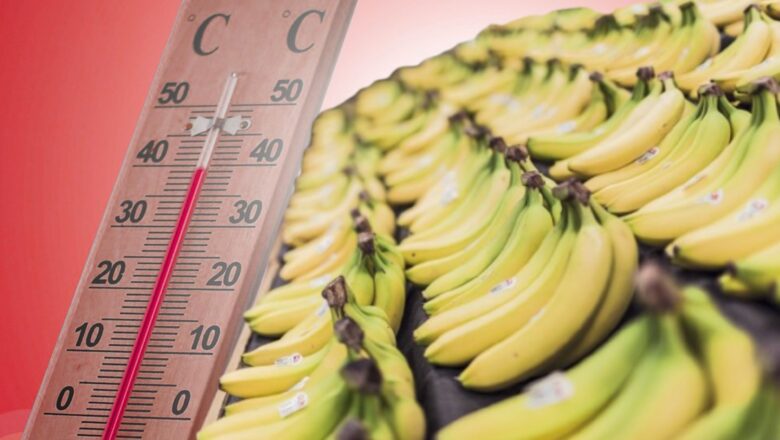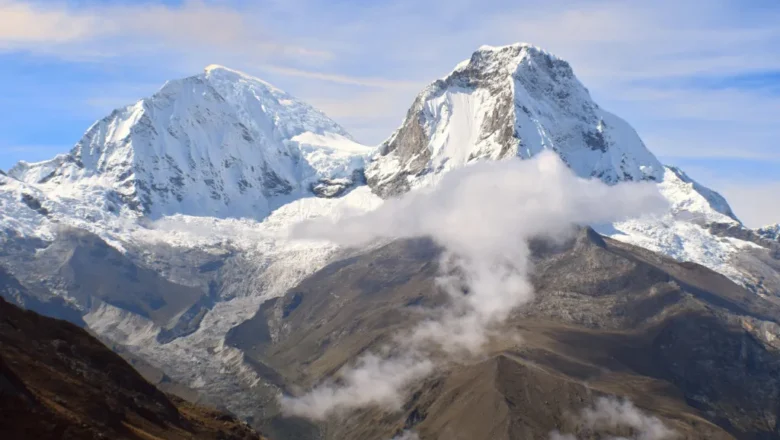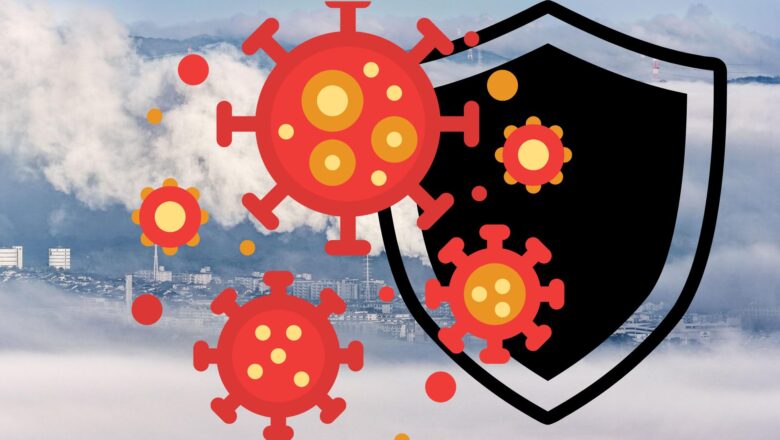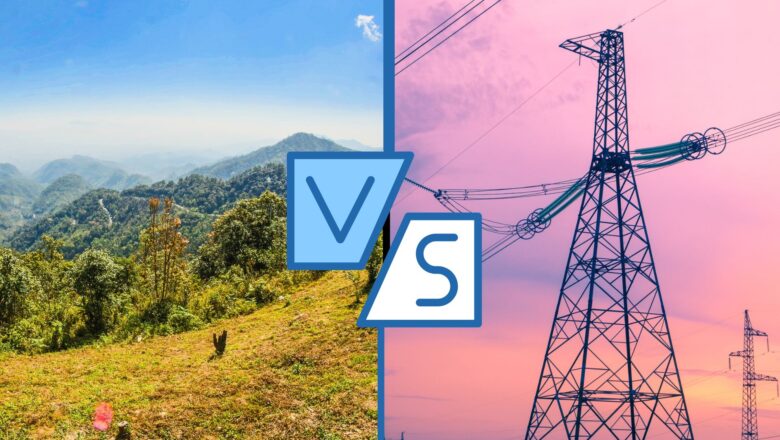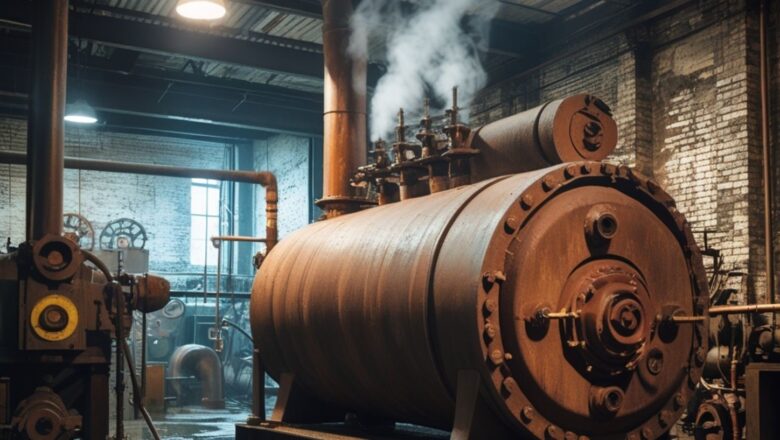
Industrial Boilers Responsible for 7% of India Greenhouse Gas Emissions, Reveals New Report
A comprehensive study has revealed that industrial boilers across India contribute nearly 7% of the country’s total greenhouse gas emissions, highlighting a critical and under-addressed source of pollution. With more emissions of particulate matter and sulphur dioxide than the entire automobile sector, the report calls for urgent reforms, including a proposed nationwide “Green Boiler Mission.” The findings underline the importance of overhauling aging industrial systems to achieve India’s climate goals, improve air quality, and enhance energy efficiency.
India’s Boilers: A Hidden Climate Challenge
India industrial growth has long depended on the power of boilers, especially in sectors like food processing, textiles, and chemicals. However, a new study released during the National ...

